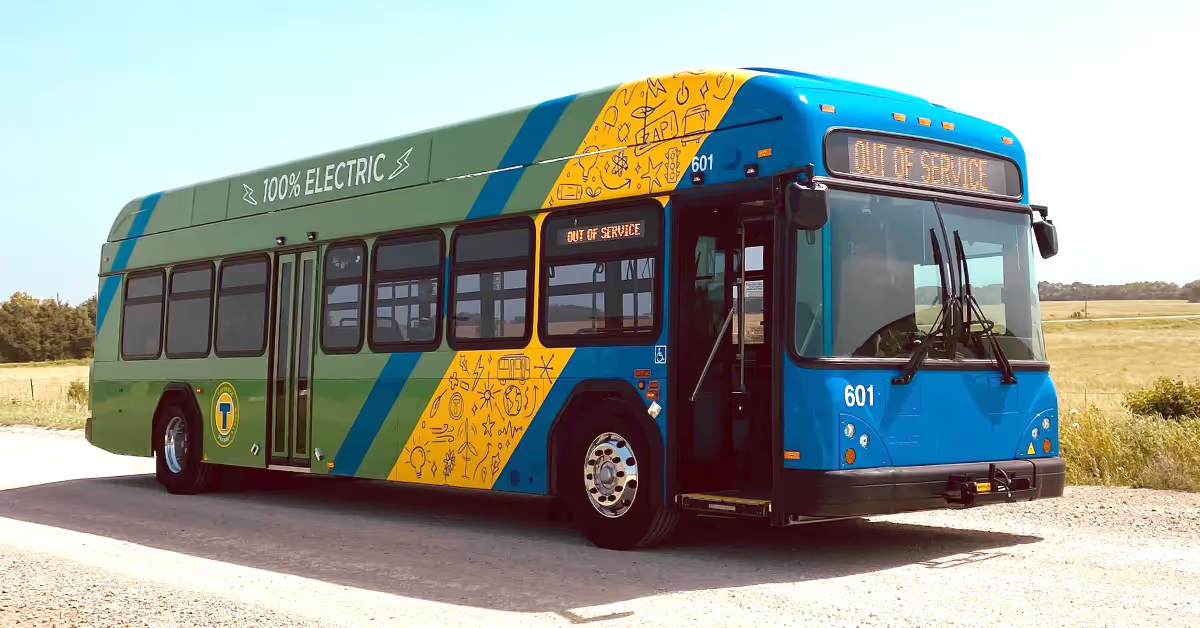Transition Planning
CTE has unrivaled in-house knowledge of zero-emission vehicles, which we use to help organizations implement strategic plans and minimize the costs associated with full fleet electrification.

Our Approach
CTE’s Transition Planning services are designed to help fleets make informed decisions about transitioning to zero-emission. We provide objective and unbiased analysis to help fleets select the right zero-emission vehicles (ZEVs), develop a cost-effective transition timeline based on their current fleet management plan, and meet their environmental goals.



"I am very pleased CTE was chosen to help Riverside County Transportation Commission (RCTC) develop our roadmap for transitioning all bus operations to zero-emission. CTE's analysis was superb and the staff extremely thoughtful and professional.
CTE’s methodology and approach helped the transit operators in our county think beyond their geographical boundaries reconsider ways to save expenses. This has significantly assisted us and our local partners in financially planning for the future. We now have a roadmap to meet the ICT rule that coordinates all of our regional resources. I am very excited to have had such a well-versed team assisting Riverside County!"
Transition Planning Services
We assess the viability of transitioning to zero-emission vehicles (ZEVs) for a variety of fleet types, including transit buses, commercial trucks, port equipment, airport ground transportation and support vehicles, and more. This includes evaluating the energy requirements, vehicle performance, and emissions impacts of different ZEV technologies.
We analyze the types of ZEVs and “fueling” strategies that would best meet existing service requirements. This includes considering factors such as vehicle range, operational costs, and environmental impact.
We define a plan and related costs to upgrade utility service and add charging solutions or hydrogen fueling stations to support the transition to ZEVs.
We assess costs and benefits of various ZEV transition strategies. This includes considering factors such as vehicle purchase and operating costs, infrastructure costs, and fuel savings.
We define a comprehensive series of projects to meet a fleet operator’s transition goals. This includes identifying funding sources, developing implementation plans, and tracking progress.


Transition Planning Project Spotlights
CTE Spearheads the Shift to Zero-Emission Buses: Collaborations Driving Sustainable Mobility
Leveraging its ZEB Transition Planning Methodology, CTE guided the creation of San Diego Metropolitan Transit System’s (MTS) ZEB transition plan. This collaborative effort paved the way for MTS to develop a roadmap to transition their entire fleet of over 700 diesel and CNG buses to zero-emission vehicles by 2040, marking a significant step towards reducing greenhouse gas emissions and improving air quality in the region.
Key activities undertaken by CTE included conducting a ZEB market analysis, collecting essential data, assessing energy requirements through modeling and simulation, defining necessary facility upgrades, and developing a transition timeline and cost/benefit model.
The culmination of CTE’s efforts was the approval of the final study and associated recommendations by the MTS Board of Directors in September 2020, followed by the California Air Resources Board’s (CARB) approval in December 2020. In 2023, MTS added its first electric Rapid service in San Diego’s South Bay. The service operates 12 battery electric buses, representing a significant step towards MTS's goal of transitioning to an all-zero-emissions bus fleet by 2040.

The City of Lawrence, Kansas selected the Center for Transportation and the Environment (CTE) to lead a Zero-Emission Transition Plan for its fixed-route and paratransit fleets, building on CTE’s ongoing work managing the city’s battery electric bus deployments. Using its proven planning methodology, CTE is conducting detailed assessments of fleet needs, service patterns, infrastructure, facilities, and lifecycle costs—all tailored to support the City’s 2035 zero-emission goal.
CTE partnered with NV5 to evaluate charging infrastructure, solar PV systems, and energy storage, ensuring the transition is both technically sound and financially viable. Since project launch in mid-2024, CTE has completed fleet-wide analyses and is finalizing a draft report to guide investment decisions.
Through data-driven planning and strong project management, CTE is equipping Lawrence Transit with a clear, actionable roadmap for sustainable fleet transition—advancing clean transportation while meeting the needs of the local community.









